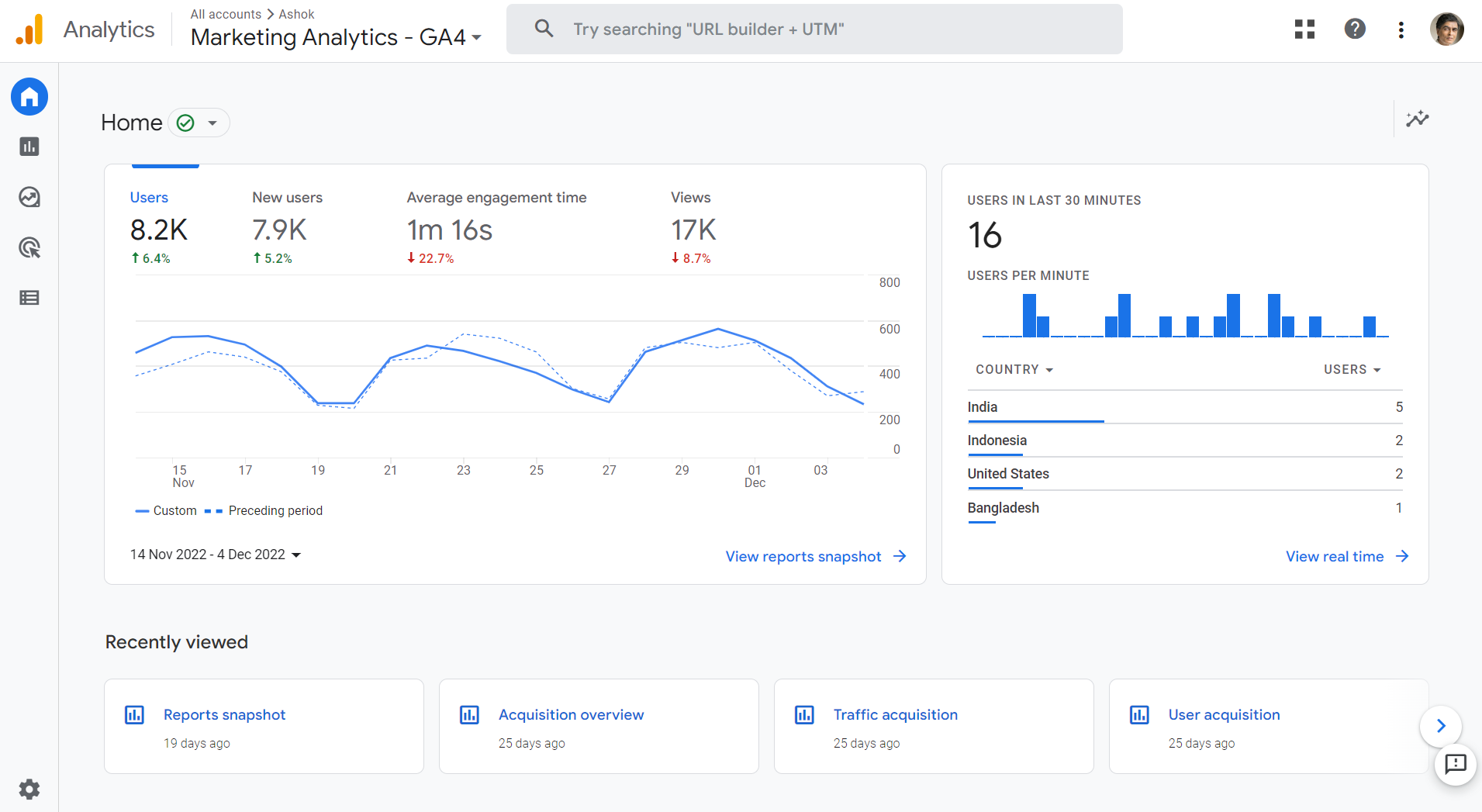
Exhibit 26.26 Google Analytics support a wide range of performance metrics to
assess site’s performance.
Google Analytics (Exhibit 26.26) supports a wide range of performance metrics to assess
digital marketing objectives and SEO objectives. These include:
- Unique Visitors: The number of users who visit the site over the reporting period.
- New Visitors: The number of first-ever unique visitors (Assumes cookies have not been deleted).
- Repeat Visitors: The number of unique visitors who visit the site more than once during reporting period.
- Conversions: Number of visitors who complete a target action such as purchasing something, subscribing to newsletter etc.
- Conversion Rate: Proportion of visitors who perform a target action.
- Bounce Rate: Proportion of visitors who leave the site without interacting with the page. They do not
visit any page other than their landing page, and they do not interact with any of the elements on that page.
- Abandonment Rate: Proportion of visitors who start a target action, but do not complete it.
- Cost per Conversion (CPCon): Cost of an advertising campaign divided by the total number of conversions resulting from the
campaign. (This requires that the inbound URL from the ad has been tagged so that analytic tools can distinguish the traffic
resulting from the campaign).
Previous
Next
Use the Search Bar to find content on MarketingMind.